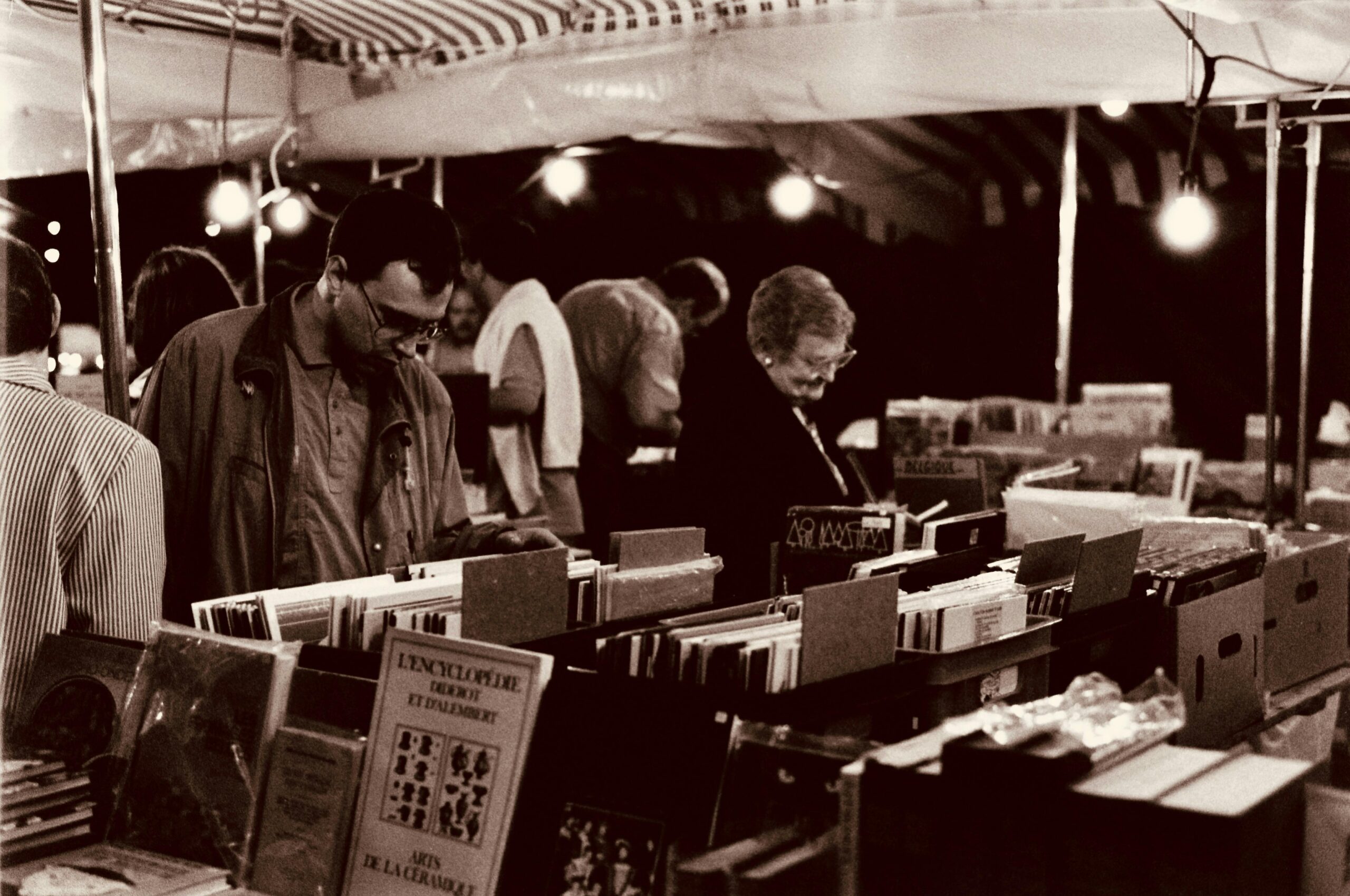How to Market Your Book Offline?
In today’s world, where the power of the internet to inform and influence is unparalleled, it is easy to think that online marketing is the only path to success. However, offline marketing remains a powerful tool for authors. Whether you are a self-published or traditionally published author, offline strategies can provide a unique edge to help you stand out in a saturated market.
Why Offline Marketing?
Offline marketing experiences have an enduring effect in a digital world known for its lightning speed. Social media posts have a notoriously short “shelf life,” often disappearing from feeds within hours. On the other hand, offline marketing materials leave a lasting impression on potential readers, serving as a tangible reminder of the book that can lead to long-term engagement.
Here are some critical offline strategies to help you market your book:
1. Leverage Local Booksellers
Indie bookstores remain vital hubs for book lovers. Establishing a relationship with such booksellers can secure a place for your book on local shelves. Furthermore, you can offer to do a reading or book signing at the stores. Many local bookstores are keen to support budding authors as it drives foot traffic to the bookstore.

Additionally, readers often find discovering your books in bookstores easier than on online bookselling platforms like Amazon and Flipkart. This is because online discovery is influenced mainly by algorithms and sales rankings that favour popular books, highly reviewed or most searched titles, making it difficult for new or lesser-known authors to gain visibility unless readers specifically search for their books. In contrast, bookstores provide a more organic discovery process where every title stands a chance to be noticed by the reader, who might or might not have a pre-existing knowledge of the title or its author.
2. Build Relationships with Potential Readers
The effectiveness of promoting books offline is incontestable. One-on-one interactions not only enable you to connect with potential readers on a personal level but also allow existing readers to learn more about the book’s themes and gain insights into your writing journey, making their connection to the story more memorable. Furthermore, offline efforts lead to word-of-mouth marketing as readers share their experiences with others. A loyal reader base can also become a significant part of your online brand later.
3. Attend Literary Festivals and Events
Literary festivals, conferences, book fairs, and other similar local community events offer an excellent opportunity to drive sales and, more importantly, build lasting relationships with readers, fellow authors, and industry professionals. Networking with other authors can lead to invites to author meetups, collaborative events, mutual promotion, and even a chance to share audiences. Meeting industry professionals will help you gain exposure and may open the door to exciting opportunities in the future.
For up-and-coming authors, getting books into established bookstores can be both challenging and costly. Events like book fairs offer a more accessible platform for discovery. Take the World Book Fair, organised annually by the National Book Trust of India. It invites book lovers, authors, publishers, and scholars from around the world, providing the perfect opportunity to showcase your work to readers eager to explore new genres and authors. If you’re an author interested in participating in the New Delhi World Book Fair 2025, more information is available here.
4. Join Book Clubs
By participating in book clubs and literary circles that convene regularly, you can spread the word about your title to new readers. These gatherings foster meaningful discussions, providing a platform to speak about your work and engage with a small, intimate group of readers – including book bloggers and influencers –who have the opportunity to verify your work and provide feedback.

5. Participate in Panels and Seminars
Panels, seminars, and workshops are great settings to present yourself as a knowledgeable voice, thus establishing yourself as an expert in a particular field or genre. Whether you are a fiction or nonfiction writer, speaking at relevant seminars and panel discussions before a captive audience allows you to discover and connect with people interested in your field. Moreover, these platforms are ideal for announcing or promoting your upcoming projects, which can build excitement and position you as a noteworthy author in the industry.
Investing time and effort in building a robust offline brand goes a long way in creating a dedicated community and ensuring continued support. The readers you connect with in person shouldn’t be seen merely as customers but as advocates for your work who are crucial to your book’s success. That said, offline book marketing shouldn’t be seen as a substitute for online endeavours; both have unique benefits that complement each other. A balanced marketing approach is ideal for an author to boost visibility, recognition, and, of course, sales.


Leave a Reply